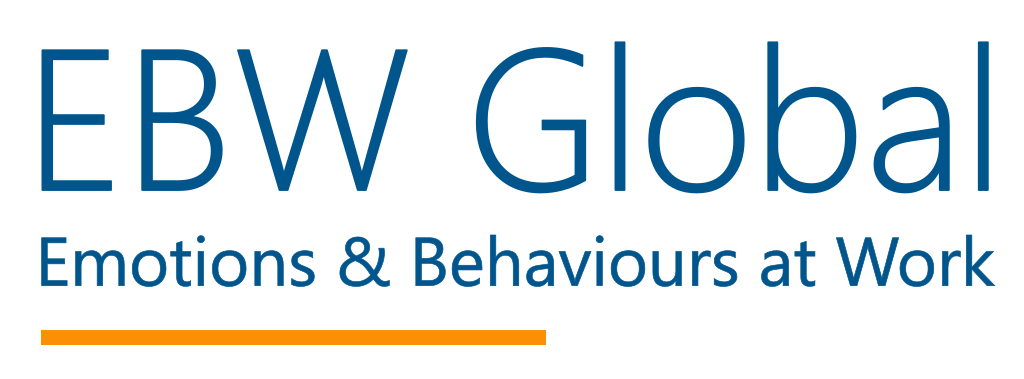Does a bad mood lead you to risky decisions?
At some time in our lives we have all reacted badly to our emotions.
I bet you can think of a time right now when you have let your negative emotions hijack your behaviour.
Like when you're feeling angry and you drive home dangerously fast or you are in a bad mood so you write an email that you later regret sending.
A team led by Thomas Webb at the University of Sheffield, have looked at whether our bad moods will always encourage riskier behaviour.
They put students into a bad mood by asking them to solve a problem that was impossible to solve.
Afterwards, they asked them how they would behave in three imaginary scenarios:
Whether to drive an old car with brake problems
Whether to disclose a secret to a room-mate
Whether to return deliberately damaged shoes to a shop for a refund.
Half the students had previously been asked to keep a mood diary and follow an "if-then plan”:
'If I am in a negative mood, then I will ... breathe deeply / think only positive thoughts / think how I've dealt successfully with previous situations'.
The other students (the control group), were not asked to do this.
A second study examined the impact on students’ emotions on a gambling task. In this study, the students had their mood (arousal) changed by listening to music whilst gambling.
Again, half the students were asked to form the "if-then plan” before gambling.
In both studies, the control group's emotions made them make riskier decisions than the group who'd formed a protective "if-then plan”.
In effect, the students were protecting or vaccinating themselves against risky behaviour by developing an "if-then plan”
The researchers said, 'the findings of the two experiments suggest that people can strategically avoid the detrimental effect of unpleasant mood and arousal on risk taking by forming implementation intentions directed at controlling either the experience of mood or risky behaviour.'
The EBW View
So, the next time you are in a bad mood or you are working with someone who is, think about this research, it may just stop you making the wrong decision.
Remember; using Business Emotional Intelligence is not just about being aware of emotions at work but it is about developing and focusing on the ‘if-then plans’ to be able to deal with difficult emotions in the moment.
But here is the thing - it is what we refer to as the EQ Paradox.
Generally when you most need your Emotional Intelligence is typically when you have the least resources or the motivation to use it.
So, practising and planning for the EQ Paradox moment by using the "if-then plan" you will be better able to manage those bad moods that stop us all performing optimally.
Now I am not saying it easy but that is why getting a better understanding of how your emotions and behaviours at work impact on your performance and the performance of other is so important if you want to make a success of your career.
To further understand how to have better management of your emotional behaviours and your success at work contact the EBW Team here.
Discover How Business Emotional Intelligence Transforms Leaders and Teams
If you would you like your leaders and teams to improve their decisions and the way they work together, click a button below to see how investing in Business Emotional Intelligence can make a difference or find an EBW Certified Partner to help you.

